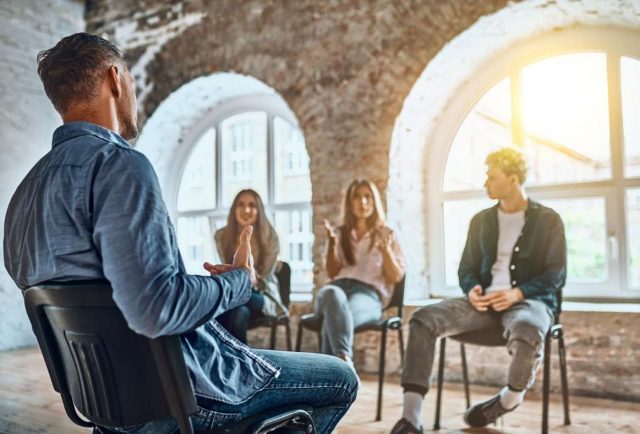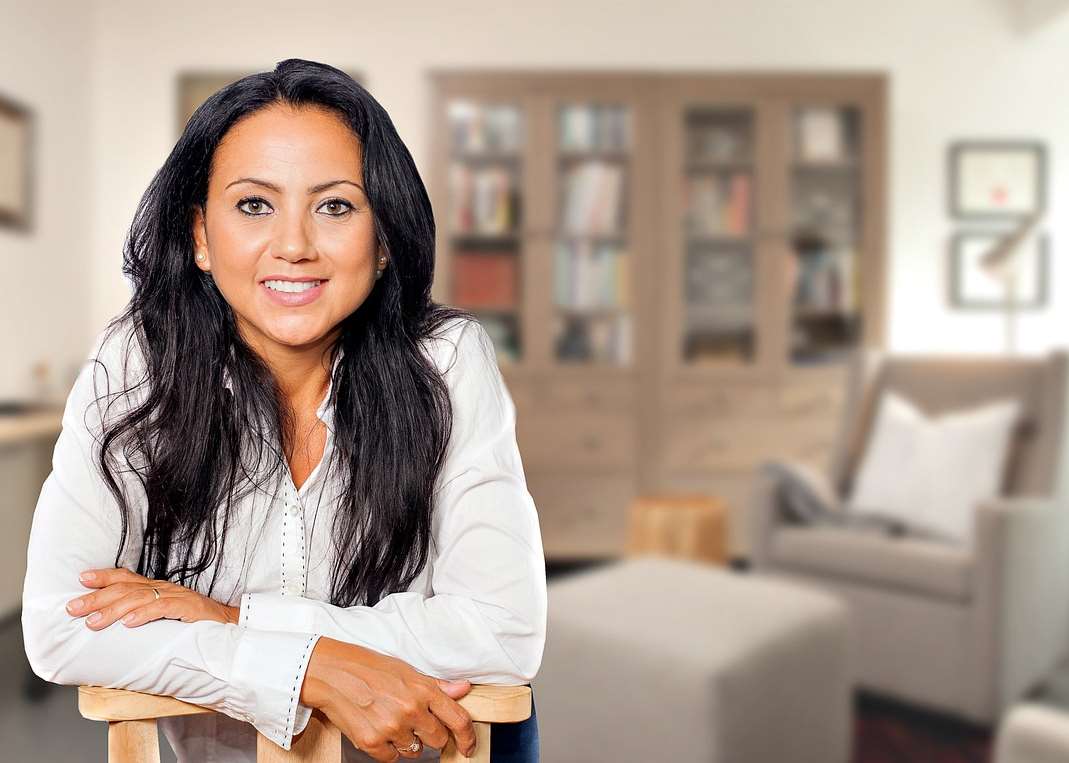If you’re struggling with your relationships with other people, you may need the help of a therapist. Therapists can provide you with invaluable insight and guidance that can help improve your relationships. This article will discuss some of the top ways a therapist can help you improve your relationships.
Mastering Your Emotions
With the right help, you’ll be on top of your feelings at all times. Make sure to find a therapist in your local area as soon as you have the chance so that this improvement can start right away. Understanding your own emotions and why they’re that way is crucial for a healthier lifestyle.
A shrink will also help you express these emotions in a constructive manner. They will assist you in mastering how to identify, manage and express your emotions in a healthy way so as to improve your relationships with others. Through mastering your emotions, you can learn how to better communicate with the people around us and build stronger connections that are based on trust and understanding. A therapist can help by providing tools and techniques to ensure that your emotions are managed in a way that will be beneficial, not only to yourself but also to the people around you.
Gaining Confidence
Confidence will help you confront other people’s beliefs, values, and opinions openly and honestly. Working with a therapist can help you realize you don’t have to be perfect or agree with everybody else all the time in order to make relationships work. A therapist can provide the tools and support necessary to build your confidence so that you can speak up when faced with disagreements, work through them constructively, and come out of the experience feeling secure in yourself.
When gaining confidence becomes part of the therapy process, it helps people interact more effectively with those around them. It fosters communication that is clear and respectful while still allowing for personal growth and understanding on both sides. This leads to better problem-solving skills, improved relationships, healthier boundaries, and increased trust between partners, friends, or family members.
Learning About Your Flaws
It’s also absolutely essential that you know where your own shortcomings lie if you’re going to be able to effectively address and improve your relationship. A therapist can help you take an objective look at yourself, identify any flaws in your behavior or approach to the relationship that might be causing strife, and find ways to proactively address them.
This is especially useful if those flaws are ones that you don’t recognize on your own because of blind spots, as learning about them can open up opportunities for growth and understanding. Lots of friends will still love you despite noticing them, but this doesn’t mean you should ignore them. Start recognizing them and do your best to get rid of them, especially if they affect others.
Becoming More Empathetic
Understanding other people’s feelings is crucial for improving all kinds of relationships, from romantic to professional ones. Empathy is the ability to understand, share and react to other people’s emotions. Having empathy, and understanding the emotional states of others can be incredibly helpful when trying to improve relationships.
Therapists use empathetic techniques to help couples in therapy learn how to better understand each other and build healthier relationships. This includes helping couples identify their own feelings and recognizing what their partner is feeling, becoming more aware of the other person’s needs and perspective, developing an attitude of acceptance towards the other person’s differences, and learning how to respond in more helpful ways.
Understanding The Needs Of Others
You need to be aware that other people have different needs that you have to respect. Here are some examples:
- A partner needs more space
- A parent needs to feel respected
- A friend needs understanding and support
- A colleague needs understanding and feedback
As a therapist, it is important to understand the different needs of each person in order to help them improve their relationships. Being able to identify someone’s needs and understanding why they need something can be very helpful in improving communication. This can help create understanding, empathy, and trust between people.
Embracing Forgiveness
Holding a grudge against someone is only going to make things worse. It eats away at your happiness and makes it hard to have healthy relationships. Embracing forgiveness is one way a therapist can help you improve relationships in your life.
Forgiveness doesn’t mean forgetting or excusing the hurtful behavior, it means understanding that holding onto anger won’t make things better. When someone wrongs a person, embracing forgiveness frees them from being constantly angry or resentful and creates space for healing and understanding. A therapist can help you learn how to forgive so that you can move forward with healthier relationships in the future.
Conflict Resolution
Your therapist will help you handle any future conflict in a mature way. This is the process of finding a solution to an argument or disagreement between two parties. It involves listening to both sides of the conflict, understanding their individual perspectives, and then brainstorming ways to reach a mutually beneficial agreement.
Your therapist will help you identify the underlying issues behind conflicts in relationships, as well as optimize communication techniques that can be used during arguments. Doing so helps both parties understand each other’s feelings better, leading to more effective conflict resolution solutions. Your therapist will also work with you on developing healthier conflict styles so that disagreements are resolved with respect and dignity for all involved.
Improving Communication Skills
Another essential factor for fixing any relationship is improving communication skills. Communication is the foundation of any relationship and can make or break it. As a therapist, improving communication skills for couples involves teaching them to be honest, open, and respectful when engaging in conversation with one another.
This means encouraging both partners to express their feelings and opinions without fear of criticism or judgment. It also involves learning how to listen effectively by actively paying attention and making sure that each partner is heard and understood. Lastly, improving communication also means avoiding excessive arguments while dealing with disagreements calmly and productively.
Your relationships with other people depend on how you approach them, so make sure to seek therapy so you know how to understand and express your emotions. A shrink will also o help you gain confidence but also learn about the things you need to improve yourself. They’ll help you become more empathetic and have a better understanding of someone else’s needs. Therapists are here to help you forgive others for their flaws and resolve conflicts in a mature way. Finally, they’ll also help you communicate better making these processes much easier!




